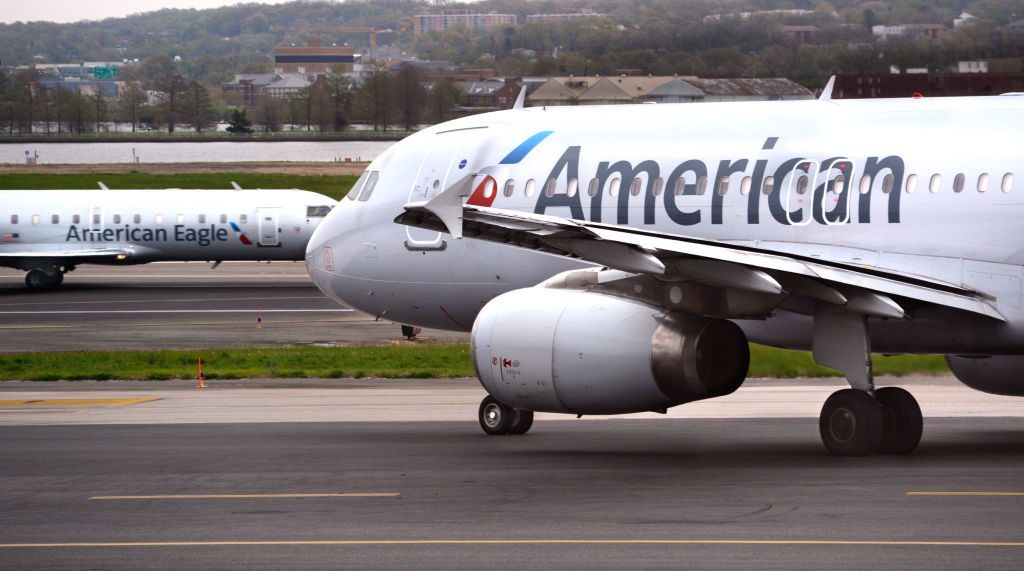The backlash over comments surrounding the killing of conservative activist Charlie Kirk is now colliding with a wider debate about free speech, workplace conduct and political polarization.
In the days since Kirk was fatally shot, several private-sector workers including pilots and ground crew at American and Delta airlines have been fired or placed on leave for social media posts that mocked or celebrated the death, the companies confirmed. Schools and universities have also disciplined staff and counselors, citing violations of conduct standards.
Meanwhile, MSNBC fired political analyst Matthew Dowd after he said on-air that Kirk’s rhetoric had contributed to a toxic climate. Dowd defended himself, saying he spoke before learning Kirk had been killed and accused the network of caving to a “right-wing media mob.”
Legal experts say the wave of firings highlights a persistent misconception about free speech protections. “The First Amendment applies to government action, not private employers,” said Genevieve Lakier, a University of Chicago law professor who studies free speech. “Private companies generally have a great deal of discretion to regulate employee speech — especially when it threatens their reputation or business.”
Public employees, she added, enjoy some constitutional protection, but those rights are not absolute and can be outweighed by workplace disruption.
The controversy comes at a time of heightened scrutiny over what counts as acceptable political expression. For some conservatives, the firings represent ideological targeting; for others, they reflect a broader crackdown on speech seen as hateful or harmful.
As the nation processes Kirk’s death, the debate underscores a central tension in American life: balancing the right to express outrage, even crudely, with employers’ efforts to maintain standards, especially in an era where a single viral post can define a brand.
Read more
about free speech


